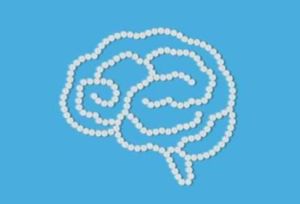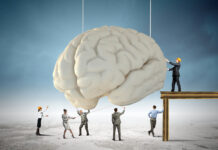From The Boston Globe: Conceptualizing addiction as a biological brain disease is often ineffective, as the biological model overlooks the important psychological and social factors that shape individuals’ choices to use substances or enter into treatment.
“No matter how wealthy they might be, people discover that opioids are an excellent short-term balm for existential maladies like self-loathing, emptiness, erosion of purpose, and isolation. Years of heavy use condition people to desire drugs at the first stab of distress. After so much time spent damaging themselves, their families, and their futures, a new layer of anguish has formed over the original bedrock of misery, urging onward the cycle of misery-and-relief. Surely, people don’t chose to be addicts, but that is not what they are choosing: what they want is relief.
That people use drugs for reasons — a notion the brain disease model can’t accommodate — helps explain why people are so ambivalent about giving up opioids, why they drop out of treatment at high rates, and why many don’t even take advantage of treatment when it is offered. The link between psychic pain and addiction explains why some people are more vulnerable to abusing opioid prescriptions than others, contrary to the popular trope that we are all at risk.”















